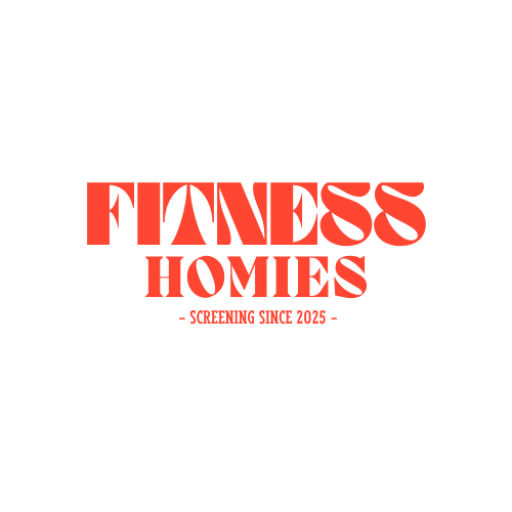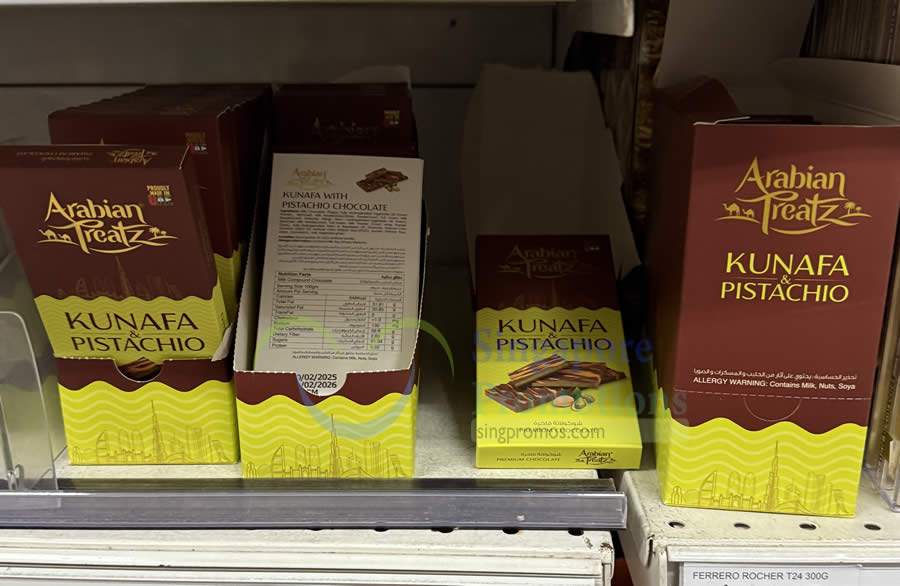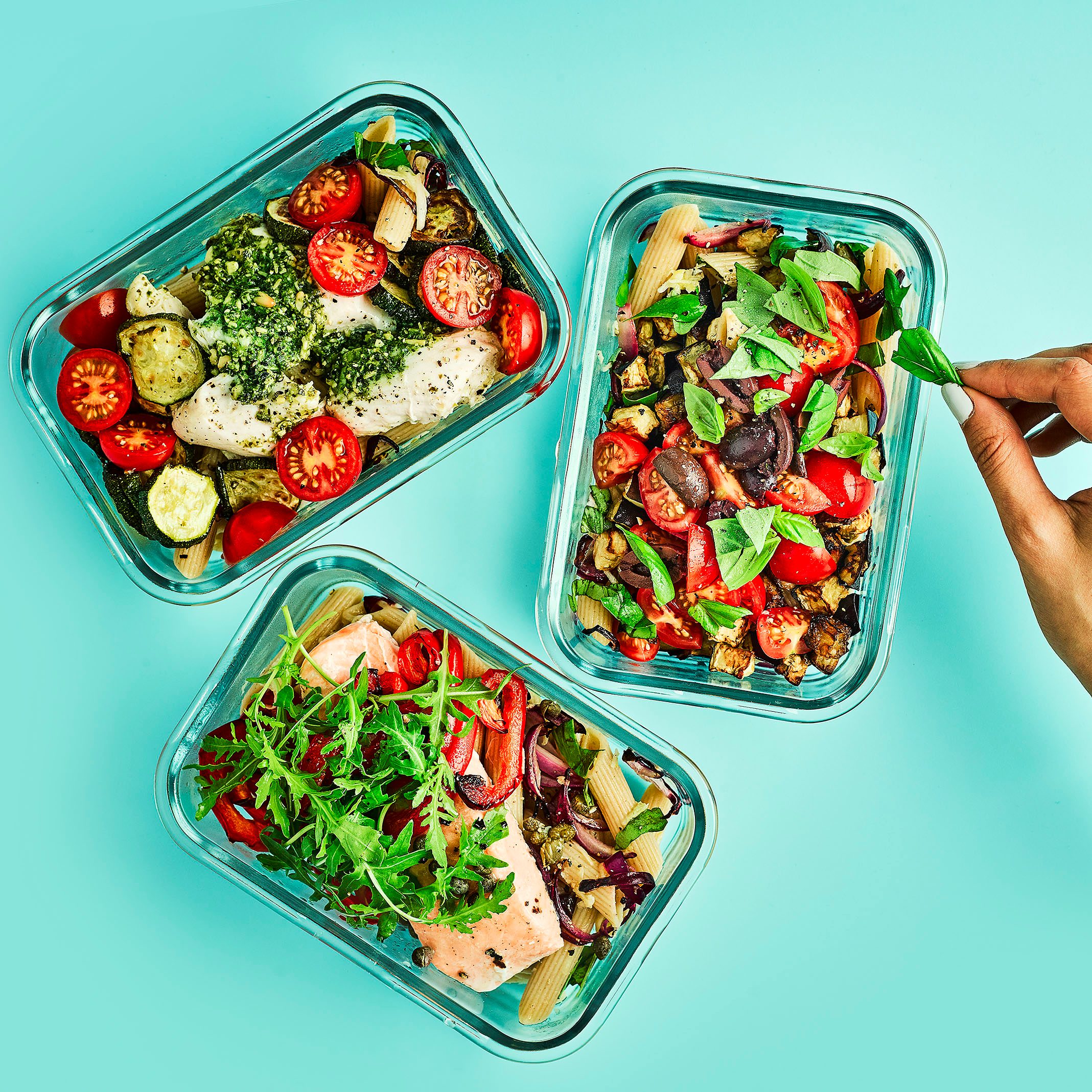
Maintaining strong and healthy bones is essential for overall well-being throughout adulthood, and in Singapore’s unique environment, understanding the interplay of calcium and vitamin D is key. While the tropical sun is abundant, lifestyle factors can impact vitamin D levels. This guide outlines the vital roles of these nutrients, provides dietary recommendations tailored for Singaporean adults, and offers advice on safe sunlight exposure.
The Dynamic Duo: Calcium and Vitamin D for Bone Strength
Calcium is the primary mineral responsible for building and maintaining strong bones. It provides the structural framework and density necessary to prevent fractures and osteoporosis. However, calcium cannot work effectively without vitamin D. Vitamin D plays a crucial role in:
- Enhancing Calcium Absorption: Vitamin D helps the body absorb calcium from the diet in the intestines.
- Regulating Calcium Levels: It helps maintain the right amount of calcium in the blood, which is essential for bone health.
Dietary Recommendations for Calcium Intake in Singaporean Adults:
Ensuring adequate calcium intake through diet is the first step towards strong bones. Here are the recommended daily allowances (RDAs) for calcium for Singaporean adults, according to the Health Promotion Board (HPB):
- Adults (19-50 years): 800 mg per day
- Adults (51 years and above): 1000 mg per day
- Pregnant and Breastfeeding Women: 1000 mg per day
- Adolescents (10-18 years): 1000 mg per day
Excellent Dietary Sources of Calcium Readily Available in Singapore:
- Dairy Products: Milk, cheese, yogurt (choose lower-fat options where possible). Fortified milk can be a particularly good source.
- Leafy Green Vegetables: Kai Lan, spinach, and Chye Sim.
- Tofu and Soy Products: Tofu, soy milk (often fortified with calcium).
- Fish with Edible Bones: Canned sardines and salmon.
- Fortified Foods: Some plant-based milks, cereals, and fruit juices are fortified with calcium.
- Nuts and Seeds: Almonds are a good source.
- Beans and Legumes: Chickpeas, kidney beans.
- Shrimp: A local favorite that contributes to calcium intake.
The Sunshine Vitamin: Optimizing Vitamin D Levels in Singapore:
Despite Singapore’s year-round sunshine, vitamin D deficiency is surprisingly common due to indoor lifestyles, sunscreen use, and darker skin pigmentation requiring more sun exposure for vitamin D synthesis.
Dietary Recommendations for Vitamin D Intake:
The recommended daily allowance (RDA) for vitamin D in Singapore adults is generally 2.5 mcg (100 IU). However, some guidelines suggest higher intakes may be beneficial, and individual needs can vary.
Dietary Sources of Vitamin D (Limited):
- Fatty Fish: Salmon, mackerel, and sardines.
- Egg Yolks.
- Mushrooms: Some varieties, especially those exposed to UV light.
- Fortified Foods: Some milk, yogurt, cereals, and plant-based milk alternatives are fortified with vitamin D.
The Importance of Safe Sunlight Exposure in Singapore:
Sunlight is the most efficient way for most people to produce vitamin D. The ultraviolet B (UVB) rays from the sun trigger vitamin D synthesis in the skin. Here’s how to get vitamin D safely in Singapore:
- Aim for Short, Regular Exposure: Expose arms and legs to direct sunlight for approximately 5-30 minutes, at least twice a week.
- Optimal Timing: The best time for vitamin D synthesis is generally between 10 am and 3 pm when UVB rays are strongest. However, be mindful of the intense midday sun and avoid prolonged exposure that can lead to sunburn. Early morning or late afternoon sun exposure can also contribute.
- Consider Skin Tone: Individuals with darker skin need longer sun exposure to produce the same amount of vitamin D as those with lighter skin due to the melanin pigment acting as a natural sunscreen.
- Be Mindful of Sunscreen: While essential for preventing skin cancer and premature aging, sunscreen significantly blocks UVB rays and reduces vitamin D production. Balance sun safety with vitamin D needs. Consider short periods of sun exposure without sunscreen specifically for vitamin D synthesis, followed by sunscreen application.
- Glass Blocks UVB: Sunlight exposure through windows will not effectively produce vitamin D.
Supplementation:
If dietary intake and safe sun exposure are insufficient to meet your vitamin D needs, your doctor may recommend vitamin D supplements. Calcium supplements may also be considered if dietary intake is inadequate, but it’s best to prioritize food sources first. Always consult a healthcare professional before starting any supplementation.
Lifestyle Factors for Bone Health:
Beyond calcium and vitamin D, other lifestyle factors contribute to bone health:
- Weight-bearing and Resistance Exercises: Activities like walking, jogging, dancing, and strength training help build and maintain bone density.
- Adequate Intake of Other Nutrients: Magnesium, phosphorus, vitamin K, and vitamin C also play supportive roles in bone health.
- Avoiding Smoking and Excessive Alcohol Consumption: These habits can negatively impact bone density.
Conclusion:
For Singaporean adults, maintaining strong bones requires a conscious effort to obtain adequate calcium through a balanced diet and optimize vitamin D levels through a combination of safe sunlight exposure and dietary sources. Understanding individual needs and consulting healthcare professionals for personalized advice on supplementation when necessary are crucial steps towards lifelong bone health in Singapore’s unique environment.









